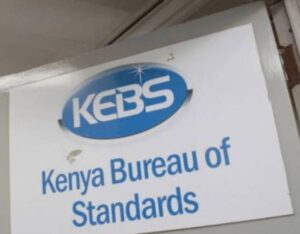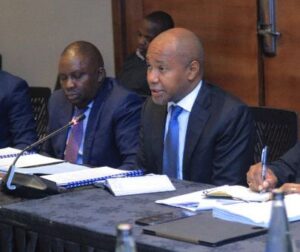
Kenyan has received a total Sh2.3 billion from foreign digital services providers, of which Sh200 million has been collected under the new Significant Economic Presence (SEP) frame work.
However, the majority of the total income collected came from the Digital Service tax (DST) that was used before hand, which was introduced back in June 2020 and later replaced by SEP tax in December 2024.
Nickson Omondi the Manager of the Digital Economy Tax – office said the companies registered under DST were automatically transitioned to SEP.
He also noted that the taxes applied to services such as downloads, streaming platforms, software and security software.
In regard to that the cabinet secretary for Treasury John Mbadi published draft regulation on the SEP Tax as a means of consulting the public.
ALSO READ: KRA Launches USSD Code to Ease Tax Services for SMEs
If this regulation come to operation foreign firms will be forced to open accounts with local banks an act that will enable them to access refunds on overpaid taxes.
However there are international companies that provide their services in Kenya without physical presence such that they do not pay traditional income taxes. These include Amazon, Microsoft, Netflix and Alibaba.
The draft regulations are designed to smoothen tax compliance and allow foreign firms to claim refunds on overpayment if they exit the market hence improving the current system.
This comes at the time Kenya was ranked as the third largest e-commerce market in Africa falling behind South Africa and Nigeria according to the United Nations Conference on Trade and Development.
Services such as Uber and Bolt together with streaming services such as Netflix are already paying SEP tax as digital consumption grows in the country. Digital services provided are taxed at an effective rate of three percent of their gross earnings under the SEP framework.
The SEP Tax is charged at 30 percent of a deemed profit, which is calculated as 10 percent of gross turnover. This results in an effective rate of three percent of total earnings from digital services in Kenya.




